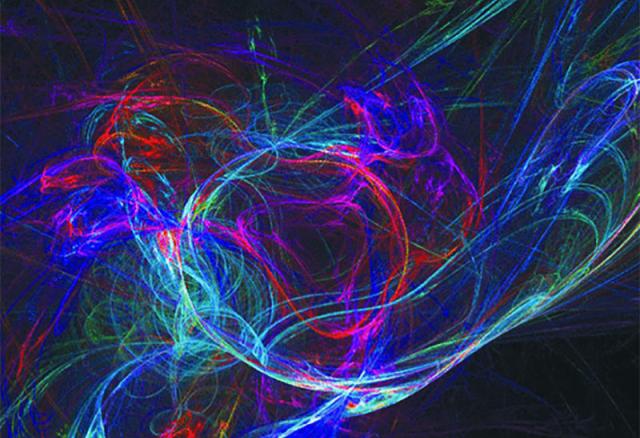SPM is your Magazine - You Are Both Reader and Author: Contribute to IEEE Signal Processing Magazine
The objectives of IEEE Signal Processing Magazine ( SPM ) are to propose, for any IEEE Signal Processing Society (SPS) member and beyond, a wide range of tutorial articles on both methods and applications in signal and image processing. The articles are divided into different categories: feature articles, column and forum articles, and articles in special issues, the specificities of which are detailed on the SPM webpage “Information for Authors - SPM”.








